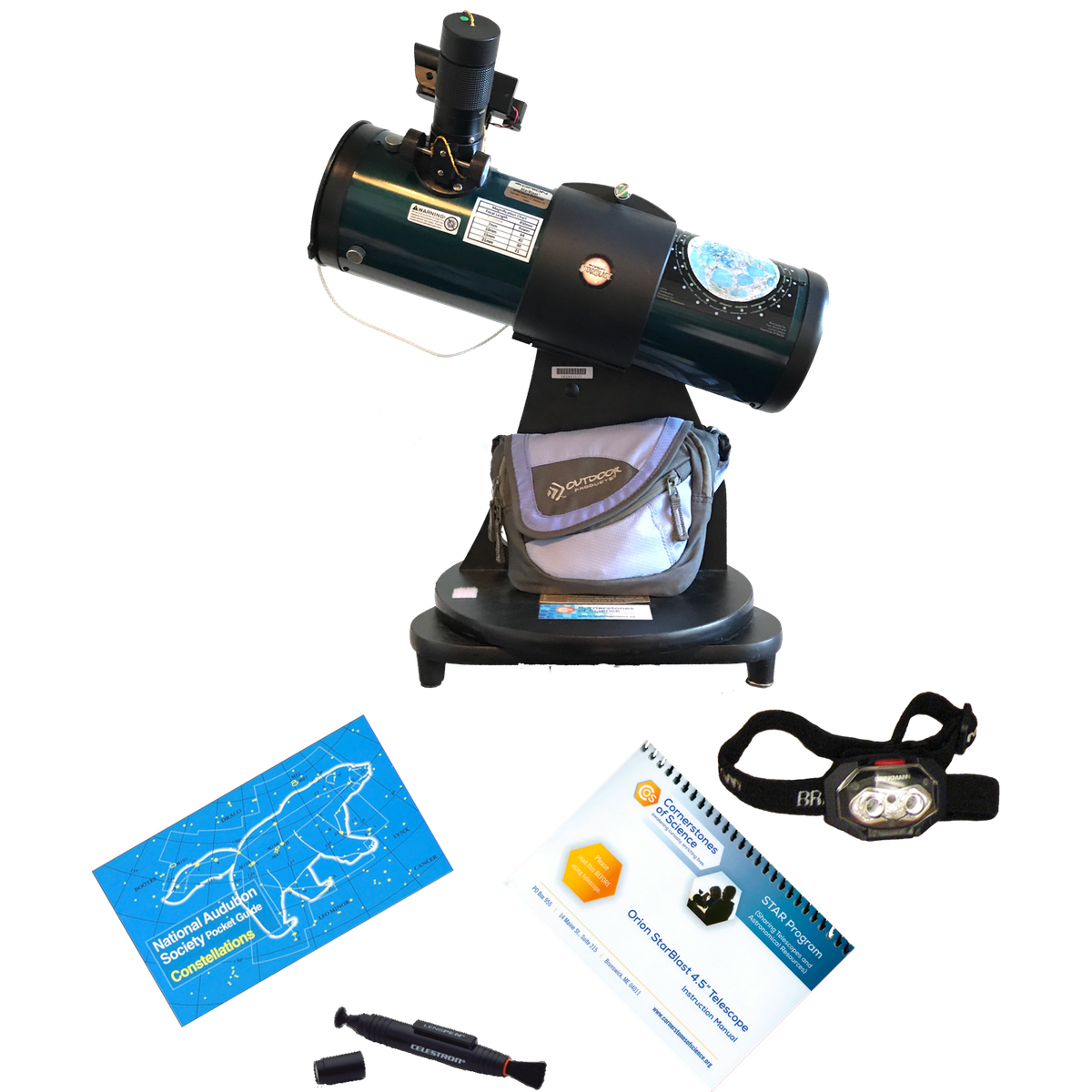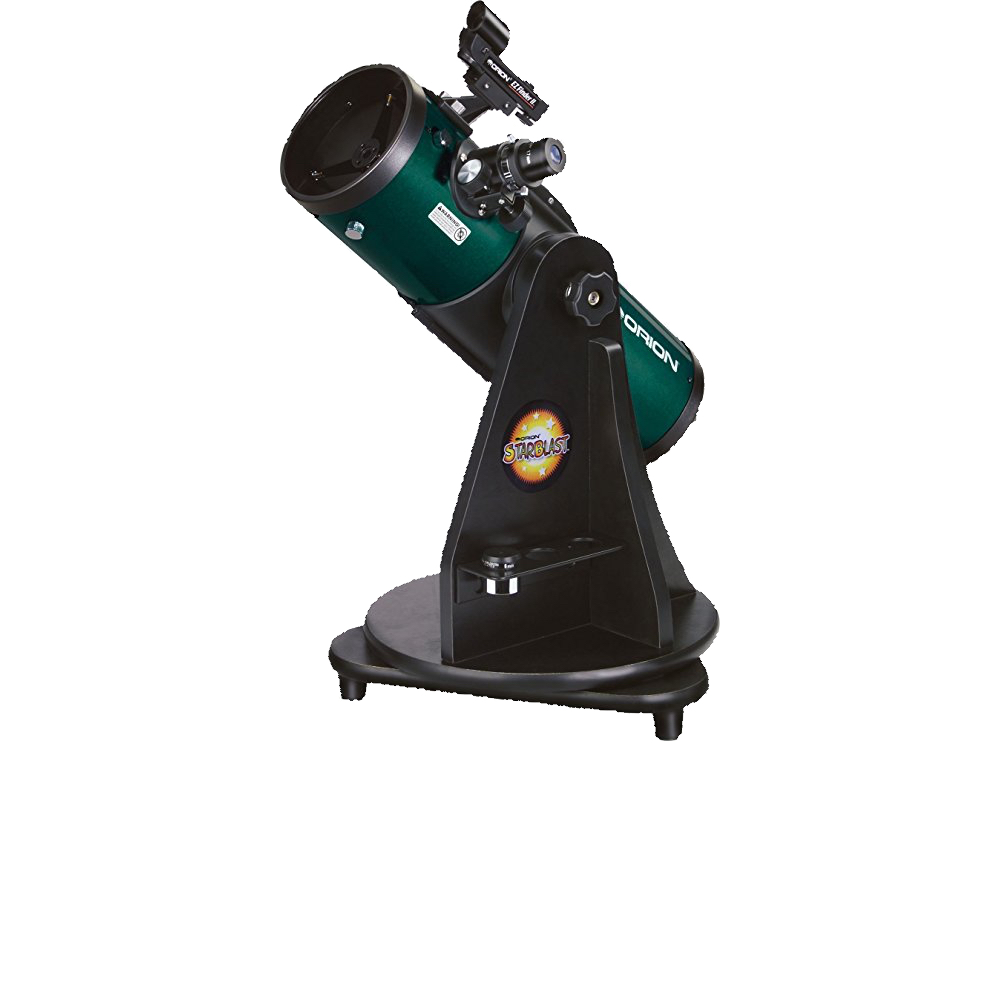Cornerstones of Science and its partners provides modified, ready-to-use telescopes for libraries. Click here to purchase modified telescopes.
Cornerstones of Science and its partners also provides unmodified telescopes. Click here to purchase unmodified telescopes.
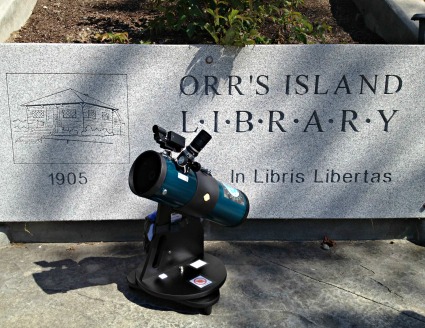 Cornerstones’ STAR (Sharing Telescopes and Astronomical Resources) Program fosters interest in astronomy by getting quality telescopes into the hands of the public. Checking out the telescope as they would a book, people can explore the wonders of the night sky at home. The STAR Program is an accessible way to make hands-on science fun and give people a greater appreciation for astronomy.
Cornerstones’ STAR (Sharing Telescopes and Astronomical Resources) Program fosters interest in astronomy by getting quality telescopes into the hands of the public. Checking out the telescope as they would a book, people can explore the wonders of the night sky at home. The STAR Program is an accessible way to make hands-on science fun and give people a greater appreciation for astronomy.
Libraries with Cornerstones Telescopes
Library telescopes direct from Cornerstones shown in red.
Library telescopes in collaboration with Cornerstones and a local astronomy club shown in blue.
I had a nice STAR moment at the Hurd Library last week. I should say Corine the Librarian had a STAR moment which lit up the rest of us. Using the StarBlast telescope, she successfully pointed and found Saturn and then danced and gasped in surprise at seeing the rings too! She now OWNS the scope. That reaction is why we do what we do.
– Ron Burk, Amateur Astronomer
Cornerstones of Science’s telescope program is active in 28 states (and counting!) including:
Alabama, Arizona, Arkansas, California, Colorado, Florida, Georgia, Illinois, Maine, Massachusetts, Michigan, Minnesota, New Hampshire, New Jersey, New Mexico, New York, Rhode Island, South Carolina, Tennessee, Vermont, Washington and Wisconsin
Audiences
While telescopes can be used by children with adult supervision, the telescopes must be checked out by library patrons 18 years or older, and transported by motor vehicle.
Background
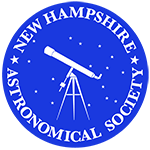 This program is based on a successful program implemented by the New Hampshire Astronomical Society (NHAS) which began with 2 telescopes in 2008 and has grown to over 60 local libraries in New Hampshire (2012). Cornerstones is grateful to the NHAS for its involvement and assistance with the STAR Program.
This program is based on a successful program implemented by the New Hampshire Astronomical Society (NHAS) which began with 2 telescopes in 2008 and has grown to over 60 local libraries in New Hampshire (2012). Cornerstones is grateful to the NHAS for its involvement and assistance with the STAR Program.
The Telescopes
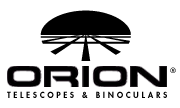 The modified Orion StarBlast 4.5 inch Telescope comes complete with a simple instruction book and guides to additional resources (such as books, websites, and most importantly, local astronomers and clubs). Each telescope is modified and upgraded to help assure a positive user experience.
The modified Orion StarBlast 4.5 inch Telescope comes complete with a simple instruction book and guides to additional resources (such as books, websites, and most importantly, local astronomers and clubs). Each telescope is modified and upgraded to help assure a positive user experience.
Thanks to the gracious support and generosity of Orion Telescopes and Binoculars, Cornerstones of Science has been able to provide telescopes affordably (generally about $375).
See a PDF of our user-friendly Telescope Instruction Manual, written by Ron Thompson, our local astronomy and telescope expert. Each library telescope comes with this manual in hard copy.
Astronomy Liaisons
Whenever possible, each library using a Cornerstones Telescope is connected to an amateur astronomer the local astronomy club. A club member may serve as the Telescope Liaison, sharing expertise and periodically checking the equipment. Southern Maine Astronomers (SMA) have provided incredible support and assistance with Cornerstones’ Library Telescope Program. Other astronomy clubs supporting their local libraries include the Astronomical Society of Northern New England and the Acadia Astronomical Society.
How you can get involved
- Become a liaison for your library by hosting a sidewalk event, presentation or star party.
- Purchase a telescope for your library (valued at approximately $375).
- Share ideas and resources. Recommend your favorite books and links to other websites; and let us know about local events, star parties and speakers.
We welcome astronomy, science and library supporters interested in helping expand this exciting program. Please call Cornerstones’ Executive Director Cynthia Randall.
On my first night I used the telescope on my Nana’s porch. The sky was filled with many beautiful and wondrous stars. To my pleasant surprise, I saw a shooting star for the first time.
During the second use of the telescope I viewed it on a beach at Panther Pond. Showing it to my friends was fun and they enjoyed it as well. To my delight, I saw a second shooting star!
Using the Raymond library telescope with all its lights, adjustment and lenses has made looking at the sky at night very interesting.
– Joshua P.

